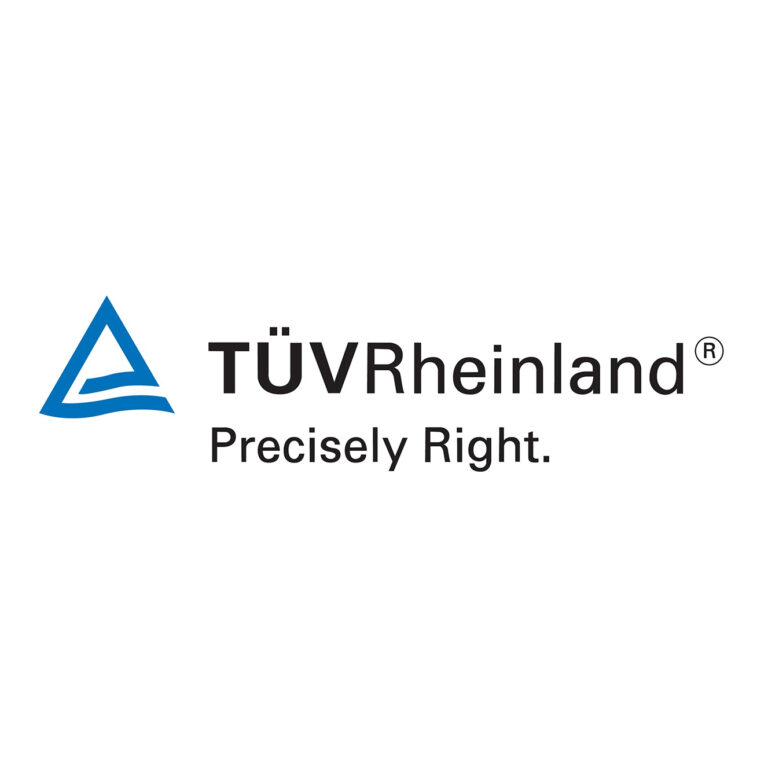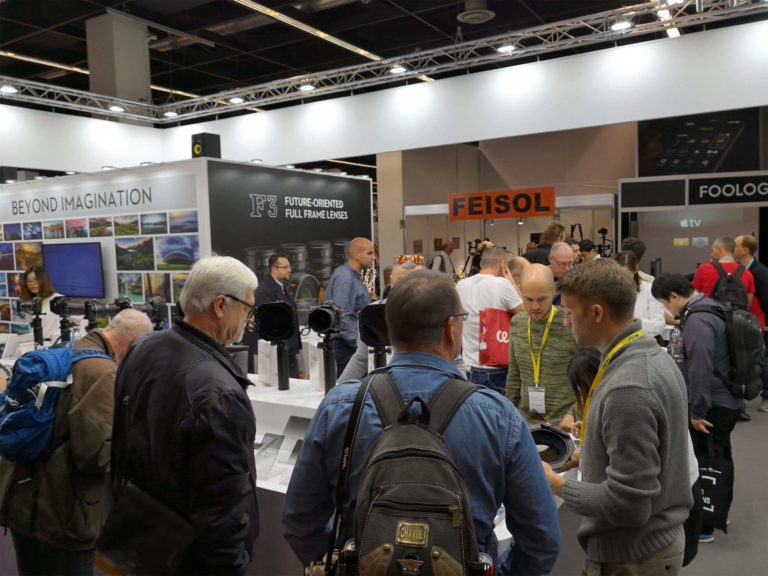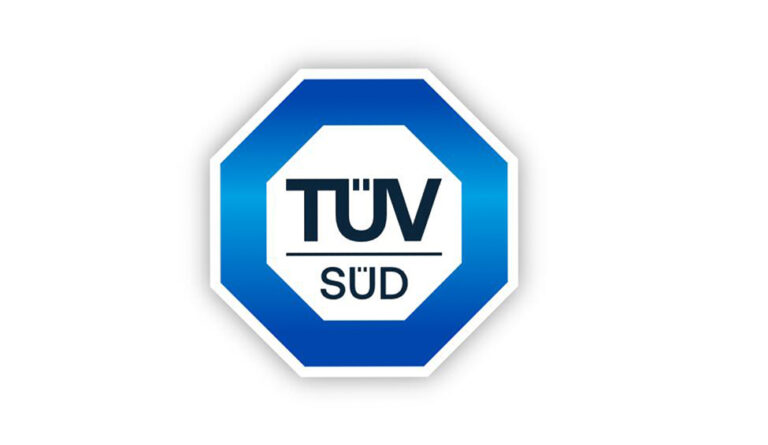On December 5th, OPAL successfully organized a highly significant EUDR (EU Deforestation-Free Regulation) training event within the company. This event was honored to have Samansa Shuai, the Project Manager of Sustainability Services at TÜV Rheinland Greater China Region, as the instructor. OPAL’s merchandisers and many supplier representatives actively participated, jointly delving into the knowledge related to the EUDR regulation and actively preparing to meet the regulatory challenges.
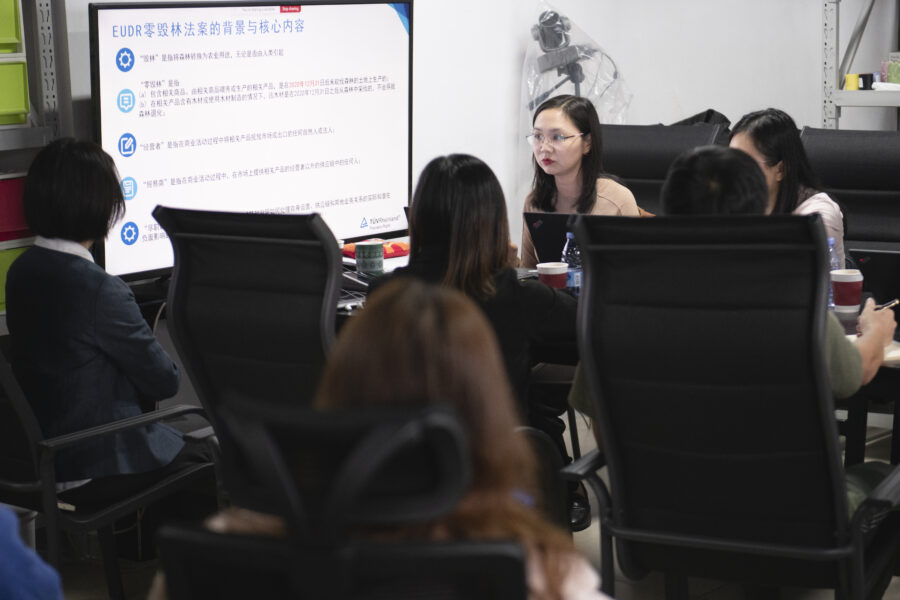
In the context of the growing global awareness of environmental protection, the implementation of the EUDR zero-deforestation regulation has set stricter requirements for enterprises. This regulation is committed to reducing deforestation and forest degradation caused by EU consumption and production activities, lowering greenhouse gas emissions, and also emphasizing the protection of human rights, the rights of indigenous peoples, and local communities. Its regulatory scope covers various fields such as palm oil, rubber, coffee, cocoa, soybeans, timber, cattle, and derivative products. It requires enterprises to ensure that product production meets specific conditions and establish a comprehensive due diligence mechanism; otherwise, they will face a series of severe penalty measures, such as being ordered to rectify, product recalls, high fines, and market access restrictions.
With her 20 years of rich experience in the field of sustainability and professional expertise in the EU Corporate Sustainability Due Diligence Directive, Manager Samansa Shuai brought a knowledge feast to the training. She provided an in-depth and detailed interpretation of the background and core content of the EUDR zero-deforestation regulation and elaborated on the potential impact of this regulation on OPAL’s business, making every participant deeply aware of the importance and urgency of complying with the regulation.
In response to OPAL’s actual situation, Manager Samansa Shuai provided practical coping strategies for merchandisers and suppliers. She emphasized that collecting accurate plot information and determining its nature is the crucial first step to ensure zero deforestation and compliance in the product production process. In the transaction and transportation links, the traceability of EUDR products must be strictly guaranteed, and mixing with other products must be avoided. In addition, she comprehensively sorted out the due diligence process and provided detailed and practical guidance from information collection, risk assessment, risk mitigation measures to the submission of due diligence declarations, helping OPAL-related personnel build an effective compliance system.
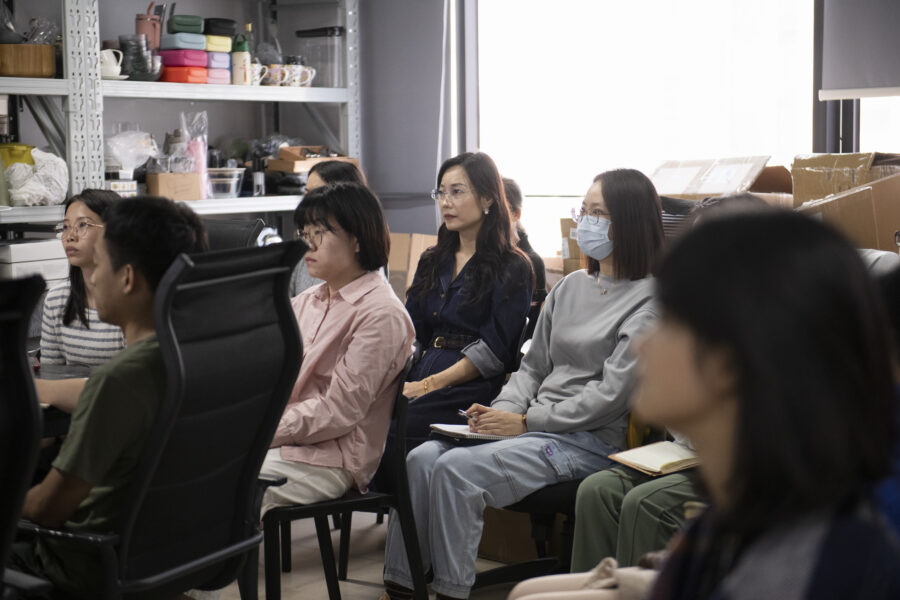
After the training, OPAL’s participants expressed that they had benefited a lot. Merchandisers have identified the key links that need to be strengthened in supply chain management, and supplier representatives have also deeply recognized their important responsibilities in product source control. The relevant person in charge of OPAL highly praised this training, emphasizing that it is an important measure for the company to actively respond to regulatory requirements, strengthen supply chain management, and fulfill social responsibilities, and it is a solid step for the company on the path of sustainable development.
Looking ahead, OPAL will take this training as an opportunity to further deepen cooperation with professional institutions such as TÜV Rheinland and continuously optimize internal management processes, integrating the requirements of the EUDR regulation into all aspects of enterprise operations. We firmly believe that through the joint efforts of all OPAL employees, the company will surely achieve coordinated economic, environmental, and social development while meeting regulatory requirements and contribute positively to building a sustainable business ecosystem.

